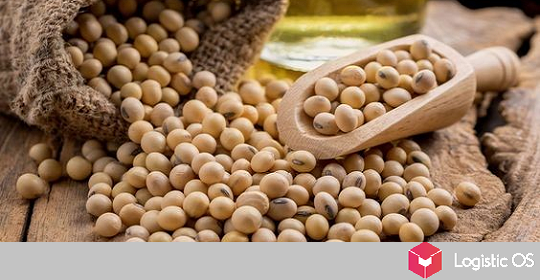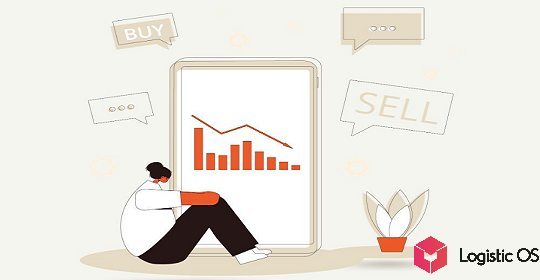According to the latest data, for the week from January 30 to February 5, inflation in annual terms was 7.27%. This is an increase compared to the previous week (7.24%).
Total inflation for 2023 was 7.42%. In 2024, the Ministry of Economic Development expects that it will not exceed 4.5%. But there are doubts about this.
According to Rosstat, over the past week, for example, food prices have risen significantly.
For example, cucumbers increased in price by 4.6% (which is already above the target of the Ministry of Economic Development), cabbage — by 4.2%, beets — by 2.3%, potatoes and apples — by almost 1%.
Therefore, many experts agree that the final price increase during 2024 may be significantly higher. A number of problems can contribute to this.
For example, this is a shortage of personnel in the labor market.
In the struggle for employees, companies have to increase wages, which contributes to rising inflation. The cost of logistics is also rising, and the ruble exchange rate remains unstable, despite the fact that Russia is still heavily dependent on the import of seeds, agricultural machinery and other means of production.
All this cannot but affect the cost — and therefore the price of the finished product.
Also, in recent months, citizens of the Russian Federation have had to deal with rising prices for livestock products. This includes eggs and meat (chicken, pork).
However, this is due to additional factors, including supply shortages. It may arise due to the risks that livestock farming directly entails. This includes outbreaks of animal diseases, such as bird flu.
Experts note that the problems with the supply and availability of chicken eggs in Russia, which were observed last year, are largely related to this.
Since there was a shortage in the chicken meat market, consumers began to buy pork more actively, which also caused demand to prevail over supply and prices to rise.
At the same time, chicken and pork together account for about 80% of the total volume of meat consumption within the country.
In this regard, their rise in price in the current situation was almost inevitable.
Finally, the next factor that could cause a significant increase in the price of poultry products was the import substitution of foreign vaccines.
Many of them require chicken eggs to produce, and as a result, pharmaceutical companies have sharply increased demand. They need about 100 million eggs per year, and this is also a significant additional burden on producers.
Based on this, to ensure that food price increases do not exceed the government’s target of 4.5%, a lot of effort needs to be made to solve the accumulated problems, but it is not a fact that this will be easy.

